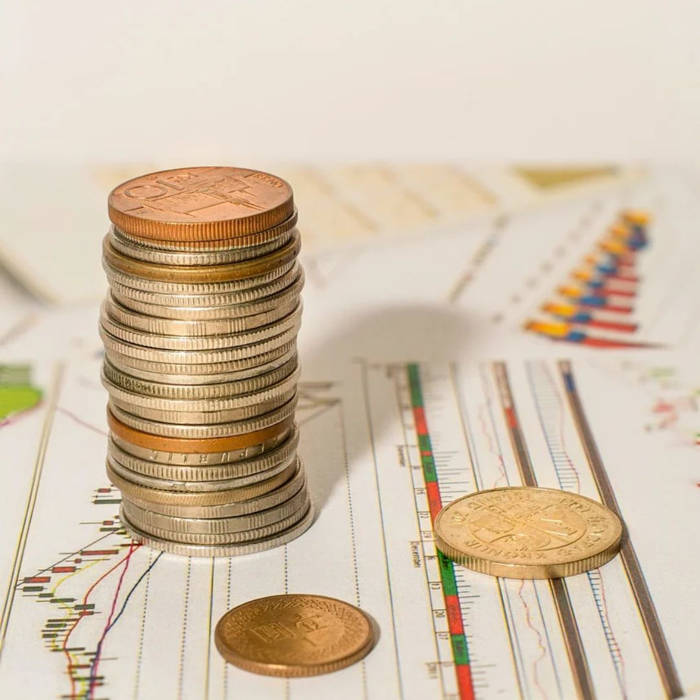
Economics for Non-Economists: A Simple Guide to Understanding Our Economic World
What is Economics? A Simple Definition and Its Relevance in Daily Life
Economics might sound like a complex subject reserved for experts, but in reality, it influences our everyday decisions. At its core, economics is the study of how individuals, businesses, and governments allocate limited resources to satisfy unlimited wants and needs. In simpler terms, it's about making choices when resources are scarce.
Imagine deciding how to spend your monthly budget. Should you buy the latest smartphone or save for a vacation? This is economics in action! 🛒✈️ Every day, we face decisions that involve weighing costs and benefits, making economics highly relevant in our personal and professional lives.
Fundamental Principles of Economics
To better understand economics, let's break down its key principles:
1. Scarcity
Scarcity means that resources like time, money, and raw materials are limited. Because of this, we can't have everything we want, forcing us to make choices.
2. Choice
Since resources are scarce, individuals and societies must decide how to allocate them. Every choice has trade-offs.
3. Opportunity Cost
This is the value of the next best alternative forgone when making a decision. If you spend $100 on a concert ticket, the opportunity cost might be a nice dinner you missed. 🍽️
4. Incentives
Incentives are rewards or penalties that influence our decisions. For example, discounts encourage people to buy more, while higher taxes might discourage smoking.
5. Supply and Demand
Prices are determined by the interaction of supply (how much of a product is available) and demand (how much people want it). When demand rises and supply remains constant, prices go up.
6. Marginal Thinking
This involves weighing the additional benefits and costs of a decision. Should you study one more hour for your exam or watch a movie? Marginal thinking helps answer that. 📚🎬
7. Trade and Exchange
Trade allows people and countries to specialize in what they do best and exchange goods and services, leading to better resource use and higher living standards.
Economics as a Social Science
Economics isn't just about money; it's a social science that studies human behavior and decision-making. Like other sciences, it uses the scientific method to analyze how societies manage resources.
The Scientific Method in Economics
Economists observe real-world behavior, form hypotheses, collect data, and test these hypotheses. For example, an economist might study how raising the minimum wage impacts employment rates.
Interdisciplinary Connections
Economics is closely linked with other fields:
- Psychology: Understanding human behavior and decision-making (Behavioral Economics).
- Sociology: Examining how social structures influence economic outcomes.
- Political Science: Analyzing how government policies affect the economy.
- Environmental Science: Studying the economic impact of climate change and resource management.
Why Should You Care About Economics?
Understanding economics can help you:
- Make Better Decisions: Whether it's managing personal finances or choosing a career path, economic principles guide smarter choices. 💡
- Understand Market Trends: Knowing how supply and demand work can help you understand price changes and investment opportunities.
- Evaluate Public Policies: Recognizing how government policies impact taxes, healthcare, and education empowers you to make informed voting decisions.
- Plan for the Future: Economics helps in understanding inflation, interest rates, and global markets, aiding long-term financial planning. 📈
Conclusion
Economics isn't just for economists. It's a tool that helps us navigate everyday life, from budgeting and shopping to understanding global markets. By grasping basic economic principles, you can make more informed decisions, appreciate how the world works, and even influence positive change in society.
So next time you're deciding between saving or spending, remember—you're engaging in economics! 😉
